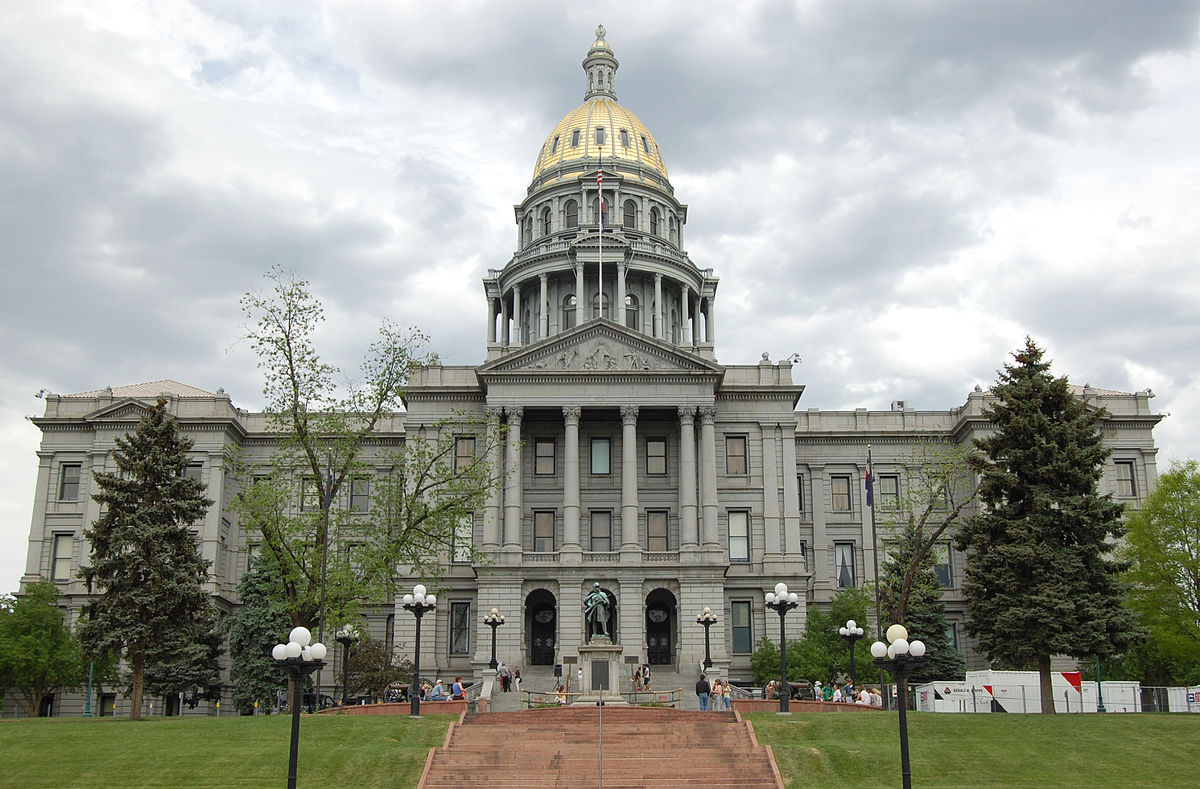Nothing in the U.S. Constitution says government meetings have to be open to the public.
The First Amendment more or less implies that the formation of government policy should be done in view of the public — what good is free speech and a free press if citizens are ignorant of the topics about which they purport to speak and report?
But it was left to much later generations to establish open-meeting principles in American law and define the terms by which members of the public could be assured a view on government decision-making.
In Colorado, that moment came 50 years ago.
On Nov. 7, 1972, Colorado voters approved the Colorado Sunshine Law by a decisive 20 percentage points. The law had three basic provisions: It required elected state officials and judges to file financial disclosures. It required lobbyists to register with the state and file disclosures. And it required open meetings of state lawmakers and agencies.
The law, and subsequent improvements, has made the state substantially more democratic and responsive to the people, and all residents, no matter their political preferences, have reason to celebrate five decades of Colorado sunshine.
The measure appeared on the ballot as a citizen’s initiative that was spearheaded by pro-democracy lobbying group Colorado Common Cause, which says the measure was the first sunshine law in the country. It followed by four years the adoption of the Colorado Open Records Act — commonly known as CORA — which secured the right of a person to inspect public records.
As noted by Jeffrey Roberts, executive director of the Colorado Freedom of Information Coalition, which publishes an online guide to the state’s sunshine laws, some powerful politicians much preferred to work in the shadows. These included then-Gov. John Love, and a Republican senator who tried to repeal the law in the 1973 legislative session.
One of the most consequential debates over the application of the law related to legislative caucus meetings, where members of a political party gather to discuss policy positions. The state Supreme Court in 1983 ruled that legislative caucuses did fall under the purview of the open-meeting law, and the reasoning of the decision aligns with common sense: “While a legislative caucus is not an official policy-making body of the General Assembly, it is, nonetheless, a ‘de facto’ policy-making body which formulates legislative policy that is of governing importance to the citizens of this state.”
The sunshine law as originally adopted did not apply to local public bodies, which were covered by a meager 1963 open-meeting law. The state’s public meetings regime benefitted in 1991 from a comprehensive overhaul, led by Colorado Press Association attorney Tom Kelley, that brought clarity to open-meeting rules covering state and local bodies, such as school boards and city councils.
Public officials sometimes try to skirt the sunshine provisions. The conservative majority on the Douglas County School Board this year arrived at policy through a “serial meeting,” also known as a “daisy-chain meeting” — the law says local public bodies like a school board must conduct meetings in the open if three or more members or a quorum is present, but some members of the Douglas board discussed the removal of the district superintendent in a series of private one-on-one meetings, which a district court judge ruled illegal.
Sunshine in Colorado has dimmed in some ways. University of Colorado regents in 2019 violated a sunshine provision that required them to name finalists — plural — for the CU president position. But they named only one, Mark Kennedy. Intrepid reporting showed that a Republican majority on the board passed over candidates who were more experienced than Kennedy, a former GOP member of Congress, and he proved after a short tenure to be a poor fit for the position. Instead of bolstering the tenets of transparency, state lawmakers in 2021 responded by instituting more secrecy in searches for leaders of public bodies.
The sunshine law is not perfect. In 1972, the internet and online apps didn’t exist, and technology, such as video conferencing and services that automatically delete digital messages, demand a discussion of ways CORA and open-meeting laws might be modernized. The Denver Post reported in 2019 that “nearly a third of the legislature uses Signal,” which can automatically delete messages after they’re read.
Last year, Colorado Public Radio reporter Nathaniel Minor discovered what appears to be an omission in the Public Official Disclosure Law, a section of the Colorado sunshine law — it doesn’t cover the Regional Transportation District, whose 15-member elected board of directors oversees more than $1 billion in revenue. Colorado Times Recorder’s Logan Davis has chronicled serious enforcement shortcomings in the financial disclosure system for state lawmakers.
Earlier this month, KUNC reported General Assembly Democrats, who control both legislative chambers, have been using a secret survey “to help determine whether bills live or die,” apparently in flagrant disregard of the sunshine law. The matter recalls one of the earliest attempts to shade government from sunshine, and it should likewise be vigorously opposed.
“This is essentially a caucus meeting when they do this,” Roberts told Newsline.
Freedom might have been central to the nation’s founding, but in many ways its actions fell short of its words. Sunshine was foreign to defenders of “freedom” in Washington’s time. The Continental Congress met in secret. Delegates to the Constitutional Convention were not thinking about open-meeting principles.
Coloradans can be thankful that state law now mandates these principles. They are truly bipartisan, serving parties on every point of the political spectrum. They benefit journalists whose job it is to keep an eye on government officials, but they serve every community member, and every resident has a stake in holding politicians to account.
Coloradans can celebrate 50 years of sunshine. And they should work toward making the light shine even brighter in the next 50 years.
This article was provided by Colorado Newsline, which is part of States Newsroom, a network of news bureaus supported by grants and a coalition of donors as a 501c(3) public charity. Colorado Newsline maintains editorial independence. Contact Editor Quentin Young for questions: [email protected].






